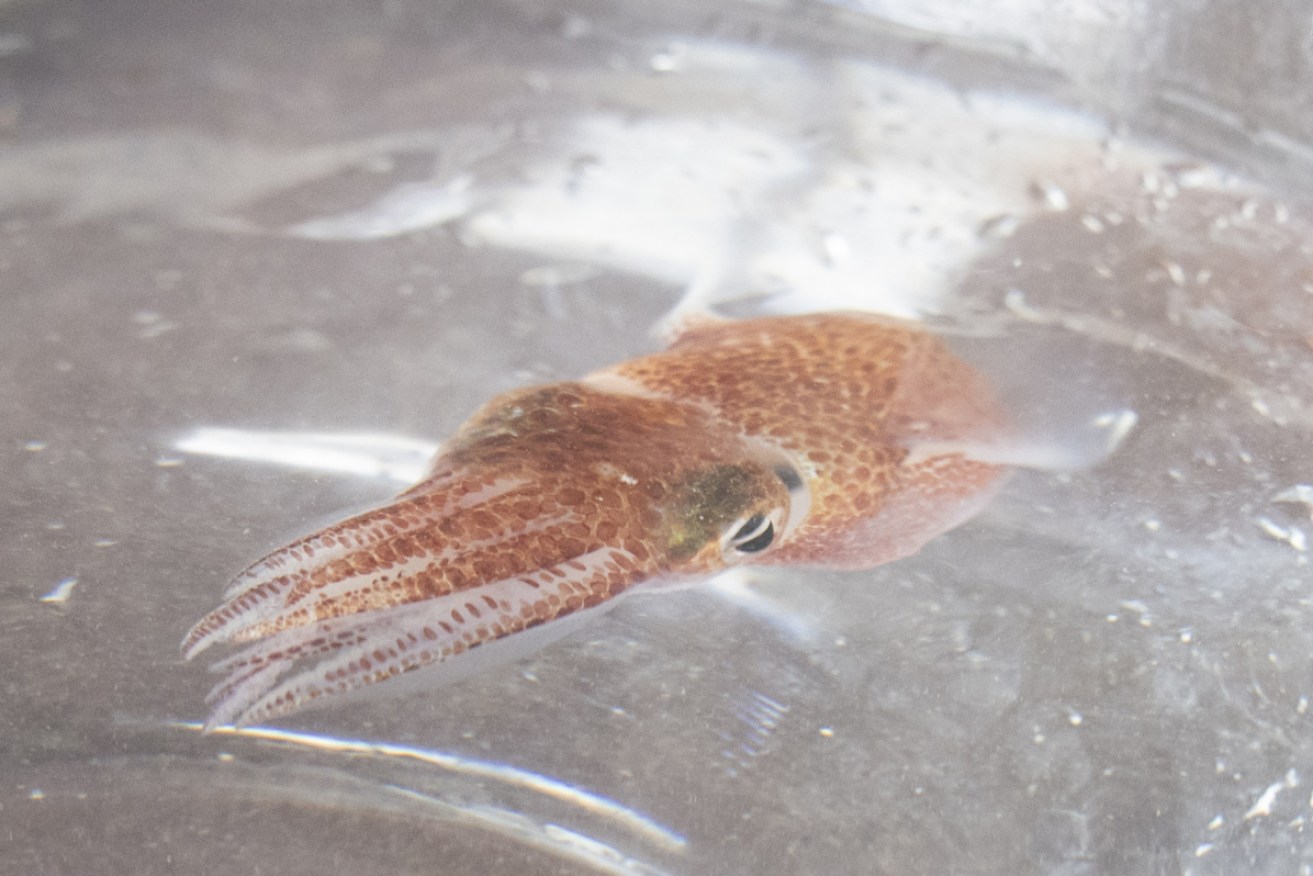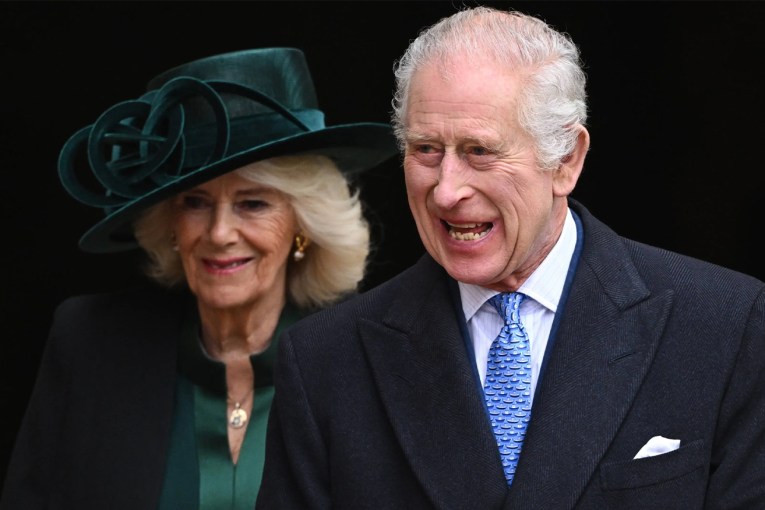Space oddity: NASA puts squid into orbit


Understanding what happens to squid in space could help solve health problems faced by astronauts. Photo: AAP
Dozens of baby squid from Hawaii have been blasted into space in a bid to help solve health problems faced by human astronauts.
The baby Hawaiian bobtail squid were raised at the University of Hawaii’s Kewalo Marine Laboratory and were sent into space earlier this month on a SpaceX resupply mission to the International Space Station.
Professor Jamie Foster, principal investigator for NASA who completed her doctorate at the University of Hawaii, is studying how spaceflight affects the squid in hopes of bolstering human health during long space missions, the Honolulu Star-Advertiser reported on Monday.
“As astronauts spend more and more time in space, their immune systems become what’s called dysregulated. It doesn’t function as well,” Professor Foster told the newspaper.
“Their immune systems don’t recognise bacteria as easily. They sometimes get sick.”
The squid have a symbiotic relationship with natural bacteria that help regulate their bioluminescence.
When astronauts are in low gravity their body’s relationship with microbes changes, said University of Hawaii professor Margaret McFall-Ngai, who Professor Foster studied under in the 1990s.
“We have found that the symbiosis of humans with their microbes is perturbed in microgravity, and Jamie has shown that is true in squid,” Professor McFall-Ngai said.
“And, because it’s a simple system, she can get to the bottom of what’s going wrong.”

Lab manager Randall Scarborough looks at a squid in Honolulu. Dozens of baby squid from Hawaii are in space for study. Photo: AAP
Professor Foster is now at the Department of Microbiology and Cell Science University of Florida, and principal investigator for a NASA program that researches how microgravity affects the interactions between animals and microbes.
She said understanding what happens to the squid in space could help solve health problems faced by astronauts.
“There are aspects of the immune system that just don’t work properly under long-duration spaceflights,” she said.
“If humans want to spend time on the moon or Mars, we have to solve health problems to get them there safely.”
Astronauts on the International Space Station can stay on board for up to six months while a recent spacewalk took six hours and 28 minutes.
Tweet from @NASA
The Kewalo Marine Laboratory breeds the squid for research projects around the world.
The tiny animals – about 7.6cm long as adults – are plentiful in Hawaiian waters.
The squid will come back to earth in July.
-with AAP








